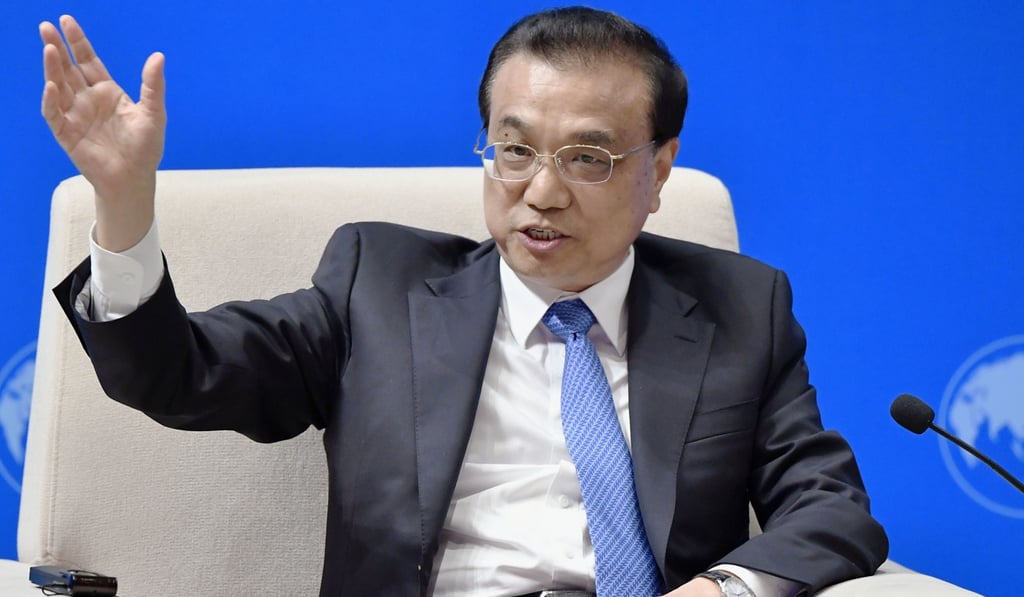China plans to drop all duties at Shanghai Free-Trade Zone, sources say
- Plan would exempt foreign companies from customs duties
- Source says eligibility of US companies still under discussion

China is planning a pilot project to drop all duties and ease procedures at Shanghai Free-Trade Zone, three sources said, as Beijing looks to position itself as a leader in free trade amid its trade war with the United States.
The plan – which may be announced as early as this year – was discussed during Premier Li Keqiang’s visit to Shanghai last month, and leaders planned to discuss it further at their annual gathering in the seaside resort town of Beidaihe in northern Hebei province this month, a source said.
Whether US products and companies would be included in the project remained under discussion, the source said.
The sources declined to be named given the sensitivity of the matter.

President Donald Trump escalated the US-China trade war last week when he threatened 10 per cent tariffs on the remaining US$300 billion worth of Chinese goods imported into the US, beginning on September 1.
An official at the Shanghai zone declined to comment, and the National Development and Reform Commission – China’s state planner – did not comment.